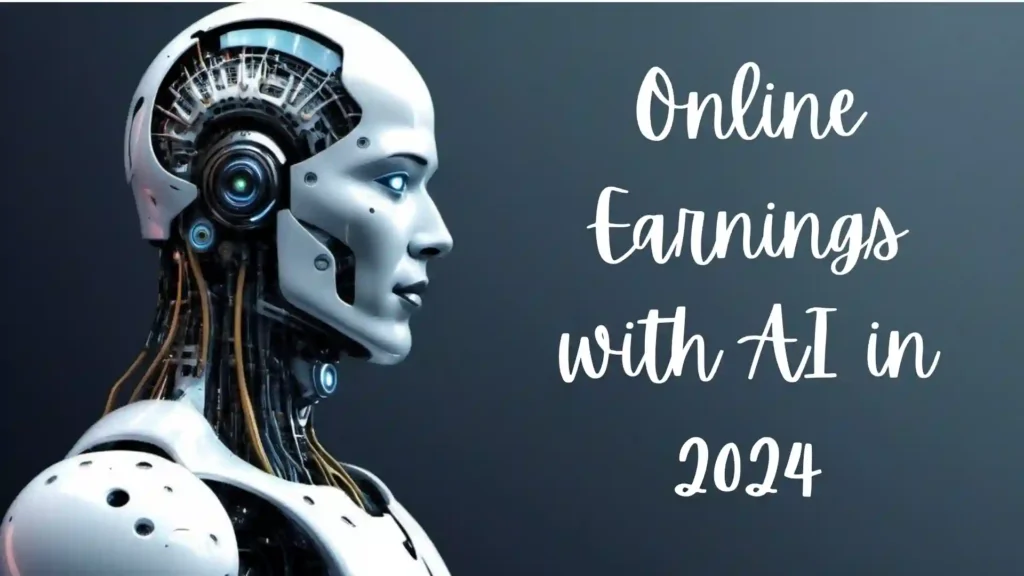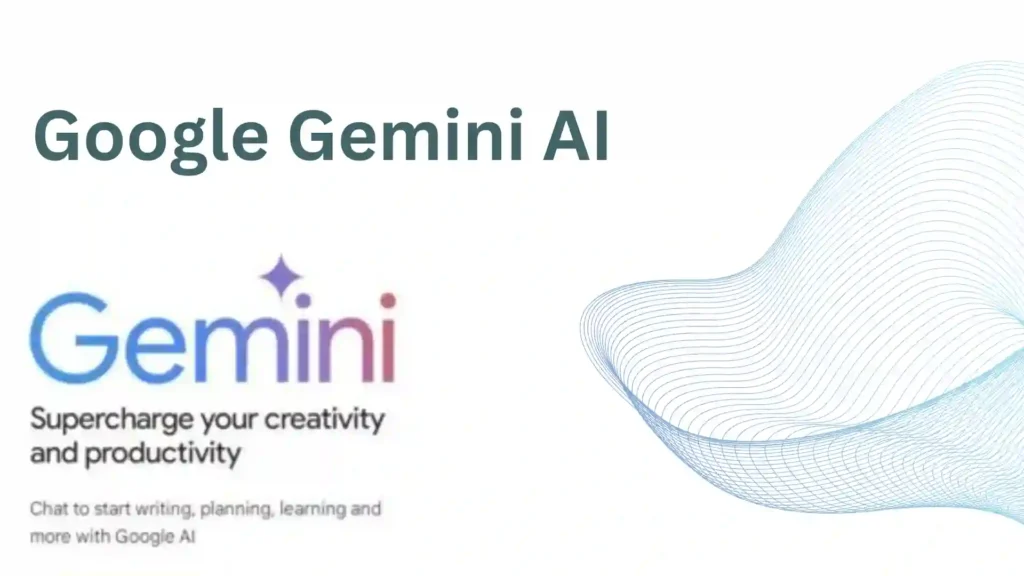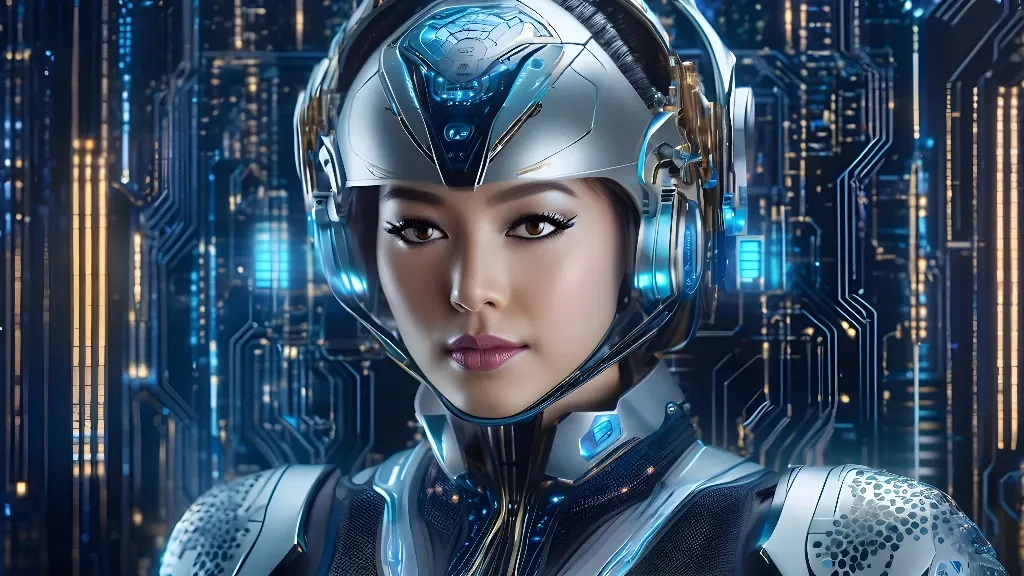Top AI Technologies
Here we are going to talk about ‘Top 10 AI Technologies’. AI Technology is growing very fast in today’s time. Big tasks can be easily done in every field through Artificial Intelligence. So today we are giving you information about the ‘Top 10 AI Technologies’.
Introduction
Artificial Intelligence (AI) is at the forefront of the rapid technological progress in the world today. The top ten AI technologies that will impact innovation in the future are examined in depth in this article.
Development of AI
Historical Analysis
The idea of artificial intelligence was raised in the mid-20th century, setting the stage for the modern technological wonders we see all around us. The progress of AI from its early days to the present day has been amazing.
Milestones in AI Development
Artificial intelligence has made great progress over the years, from the first rule-based systems to the introduction of machine learning and neural networks.
Applications of AI Technology
Health Care
AI is transforming healthcare through its use in predictive analytics, personalized medicine, and diagnostics.
Finance
AI helps the financial industry by automating customer service, trading algorithms, and detecting fraud.
Production
AI improves factory efficiency through autonomous robots, quality control, and predictive maintenance.
Education
AI helps education by providing intelligent teaching, automated grading and personalized learning experience.
Entertainment
AI is used in entertainment, sports, modern development, virtual reality experiences and content suggestion.
Top 10 AI Technologies
1. Natural Language Processing (NLP)

NLP is the field of artificial intelligence that studies the production and understanding of human language. It makes it possible for machines to converse in natural language, read, write, and analyze text; extract information from unstructured data; recognize language patterns and relationships; And translate between languages. Many applications such as chatbots, virtual assistants, sentiment analysis, machine translation and text summarization are powered by natural language processing (NLP).
2. Machine Learning (ML)
Machine learning (ML) is an area of artificial intelligence (AI) that aims to improve machine learning and performance without the need for outspoken programming. Machine learning algorithms are trained on datasets to identify patterns and relationships in the data so they can make predictions or choices based on data that hasn’t been seen before. Predictive modeling, picture identification, spam filtering, fraud detection, and personalized recommendations are examples of machine learning (ML).

3. Deep Learning (DL)

A specific type of machine learning called DL simulates the structure of the human brain. Multiple layers of network nodes, or neurons, that process data and learn from it make up deep learning models. In many tasks such as speech recognition, machine translation, image classification and natural language processing, DL has produced state-of-the-art results.
4. Computer Vision (CV)
Thanks to the field of CV in artificial intelligence, computers can interpret, evaluate and understand visual data. CV algorithms can track motion, recognize objects, recognize faces, detect emotions, and understand the context of images and videos. Applications for CVs can be found in robotics, medical imaging, surveillance, self-driving cars, and facial recognition.

5. Robotics

The science of building, assembling, and programming robots – machines that can perform complex tasks on their own – is known as robotics. Robots can be employed in various industries, such as aerospace engineering, medicine, manufacturing, and defense. Artificial intelligence is a key component of robotics as it allows robots to understand their surroundings, make choices, and adapt to changing circumstances.
6. Speech Recognition and Synthesis
The process of understanding spoken words and converting them into text is called speech recognition. In contrast, speech synthesis uses text input to generate spoken language. Natural human-computer interactions such as voice search, voice commands, and virtual assistants are made possible by these technologies.

7. Knowledge Graphs

Large-scale networks of related entities, objects, and concepts, as well as their connections, are known as knowledge graphs. Knowledge graphs, which provide an organized representation of data suitable for question-answering, deductive reasoning, and decision-making, help AI systems understand the world and its complexity.
8. Predictive Analytics
Past data is used to forecast future events. Based on past data, analysis is done and information about future events becomes available. All this has been possible because of Artificial Intelligence.

9. Recommendation System

Recommendation systems are algorithms powered by artificial intelligence (AI) that predict customers’ preferences and make tailored suggestions for goods, services, articles, or activities. Using information about interactions, preferences, and behavior, these systems can provide tailored recommendations that increase user happiness and engagement.
10. Cyber Security
AI is essential for data protection and cyber security. Artificial intelligence (AI)-powered cybersecurity solutions can quickly detect and respond to threats, spot suspicious behaviors, evaluate and classify malware, and strengthen security protocols to Fix Infiltration and breaches.

Impact of AI on Society
A. Positive Impact
Positive developments brought about by AI technologies include increased productivity, improved healthcare outcomes, and creative answers to social problems.
B. Concerns and Ethical Considerations
Algorithmic bias, data privacy, employment displacement, and ethical applications of AI all come up as issues.
Future Trends in AI Technology
Continuous Innovation
The field of artificial intelligence is ever-changing, with continued advancements in quantum computing, explainable AI, and AI for social good.
Ethical AI Development
In the future, a concentrated effort should be made to develop ethical AI, remove biases, and guarantee responsible use.
Integration into Daily Life
AI is penetrating every aspect of our everyday lives, from digital assistants tailored for each individual to smart homes.
Study the Matter
Successful AI Implementation
Showcasing real case studies of AI success in various industries.
Challenges in AI Technology
Technical Challenges
Technical difficulties with AI systems include difficulties related to scalability, explainability, and Strength.
Ethical and Social Challenges
Addressing the ethical implications, impact on society, and appropriate application of AI.
Legal Implications
The legal framework must change to enable responsible and equitable use of AI as technology advances faster than regulations.
Role of AI in the Job Market
Job Displacement Concerns
Even with the automation and efficiency provided by AI, there are concerns about potential job displacement.
Emerging Job Opportunities in AI
Furthermore, the development of AI opens up new career paths in areas such as ethical oversight, research and development.
Conclusion
In short, the top ten AI technologies are a revolutionary force with enormous prospects and difficulties. It is important to achieve a balance between innovation and ethical issues as we move towards an AI-powered future.
Also Read these Post How to Access Google Bard AI The Future of Online Earning in 2024 with AI
FAQs
Q. Is AI technology only beneficial, or does it also have drawbacks?
Answer- AI technology brings many benefits but it also comes with challenges such as job displacement, ethical concerns and possible bias in algorithms.
Q. How is AI affecting the job market?
Answer- AI introduces automation but also creates new employment opportunities in AI research, development and ethical oversight. Google AI also provides a wide range of opportunities in AI fields.
Q. Which ethical issues are most important for AI development?
Answer- Ethical considerations in AI development include addressing biases, ensuring transparency, and promoting responsible use.



